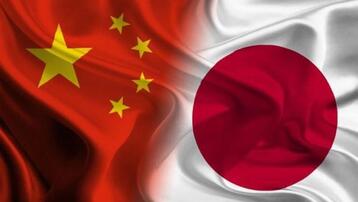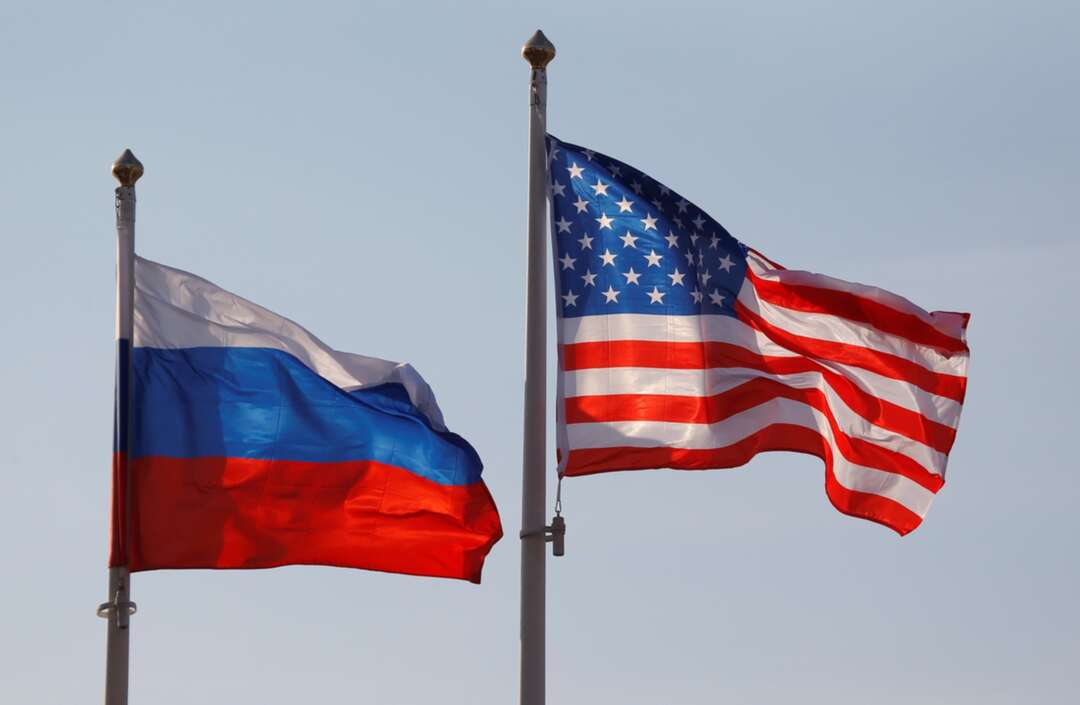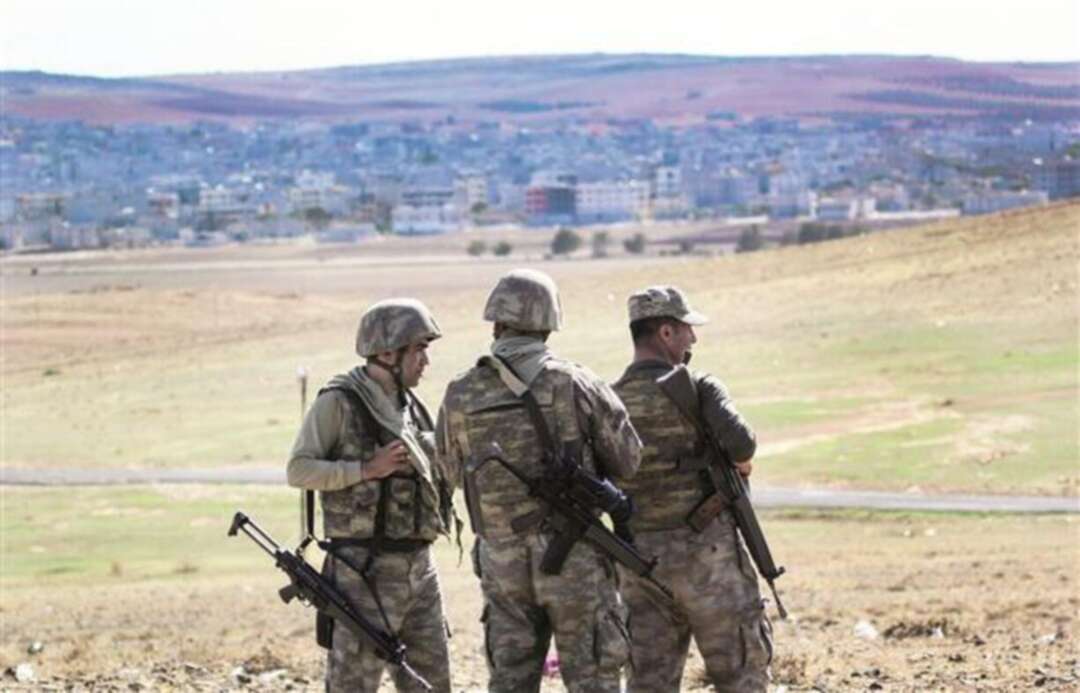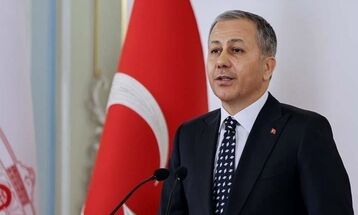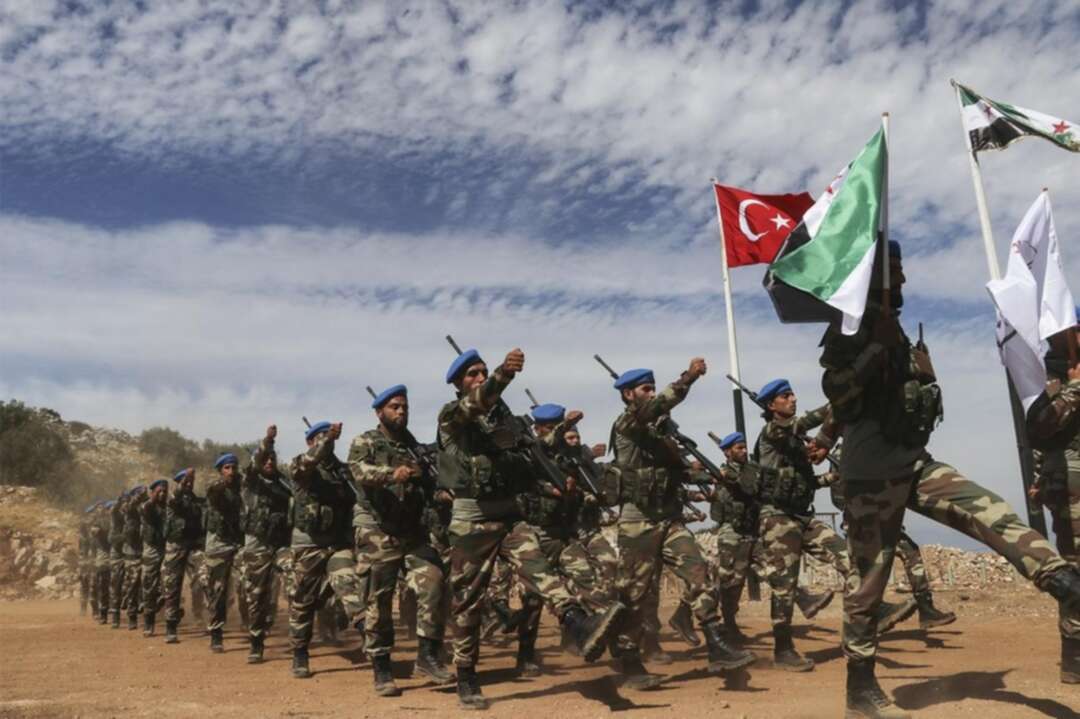-
France’s COVID-19 infections increae week by week following easing of measures
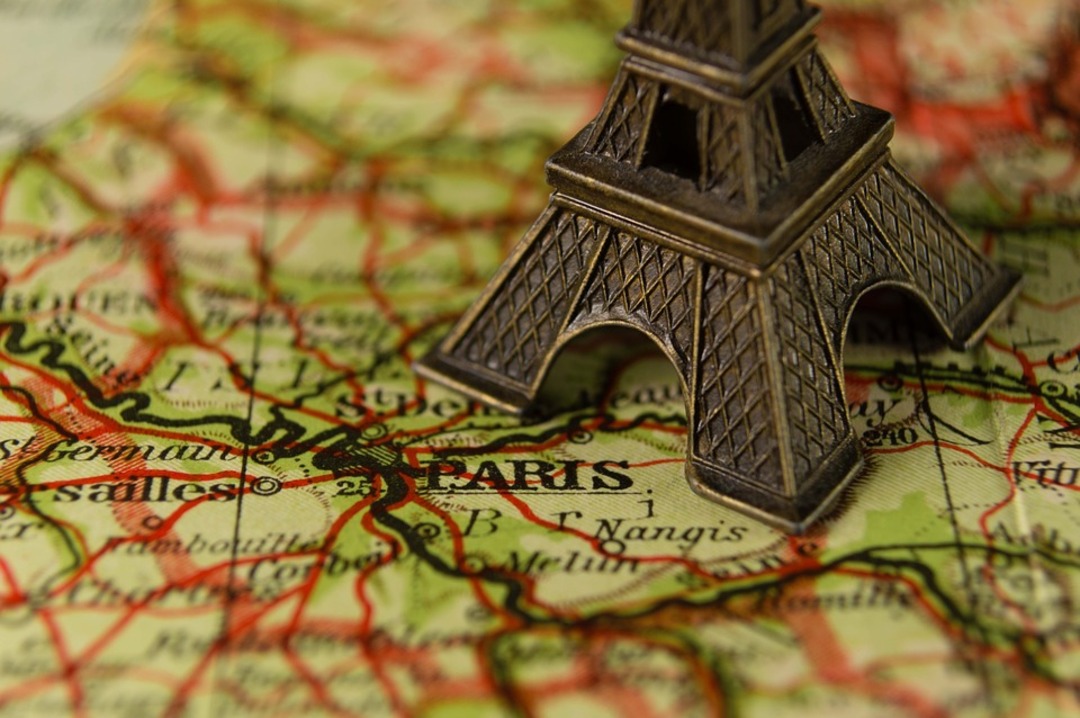
The Arab News reported, citing Reuters, France reported an average of close to 90,000 new coronavirus infections over the last seven days, marking a 36 percent rise from one week ago when most COVID-19 health protocol measures were lifted by the government just ahead of the country’s elections.
New cases over the previous 24 hours published on Sunday stood at 81,283, pushing a 7-day moving average to 89,002, compared with just over 60,000 average new cases one week earlier. The number of cases per 100,000 inhabitants also reached their highest value level since Feb. 18.
The report said that the government of French President Emmanuel Macron, who will stand for re-election in less than three weeks time followed by legislative elections later this year, decided to lift most COVID-19 restrictions on March 14, citing a positive trend.
This means people in France no longer have to wear COVID-19 face masks indoors, except for public transport, hospitals and other medical facilities. The government also lifted its COVID-19 vaccine pass requirement in places such as bars and cinemas.
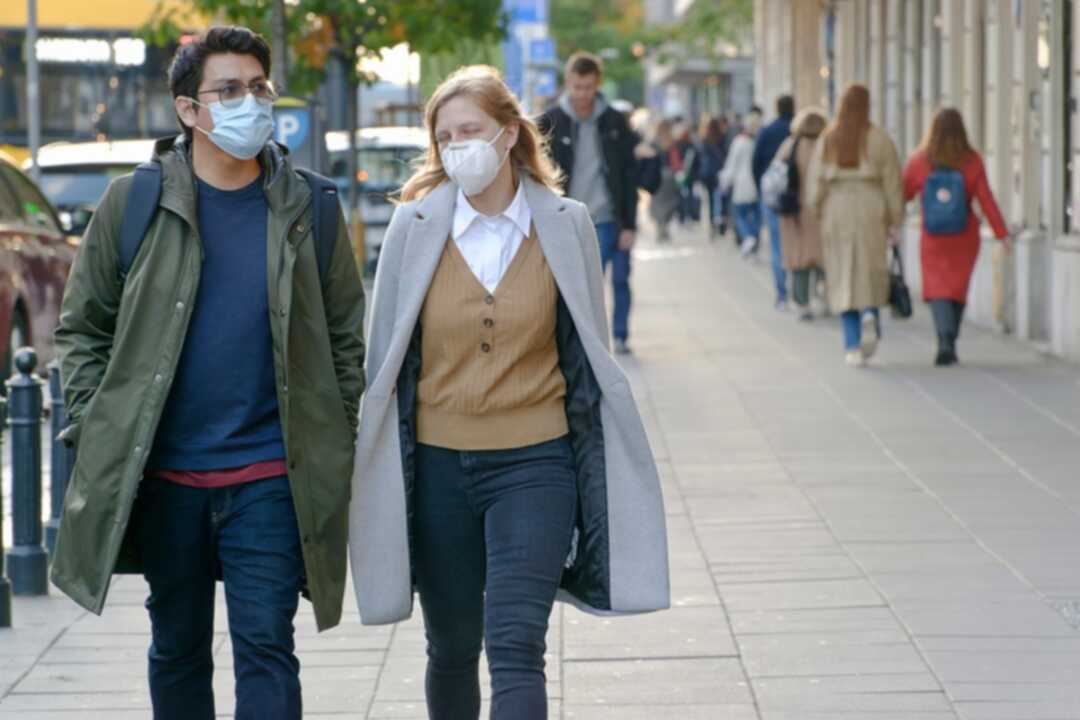
New hospital admissions — seen as a key indicator by France’s Health Minister Olivier Veran — decreased by only 1.7 percent week-on-week, the slowest decline since early February, potentially indicating a reversal of the previous trends.
The recent rise in new infections was particularly strong in France’s eastern Alsace region, one of the zones that suffered most during the start of the pandemic, where authorities recorded well over 1,000 new cases per 100,000 inhabitants.
COVID-19 cases surge in France as restrictions eased
In Germany, new cases have also risen in recent days, reaching a new record of around 220,000 average new cases over the last 7 days, according to data compiled by the Robert-Koch-Institut.
Source: arabnews
You May Also Like
Popular Posts
Caricature
Syrians' concerns now
- December 10, 2024
Syrians' concerns now #Syria
#Bashar_al-Assad
#Liberation_of_Syria
#Syrians
#Future_of_Syria
#Levant_News

opinion
Report
ads
Newsletter
Subscribe to our mailing list to get the new updates!


